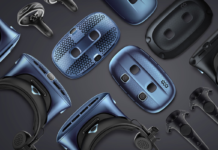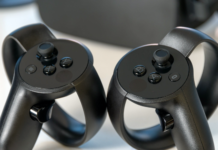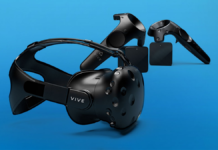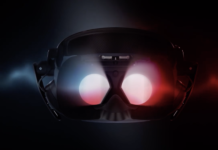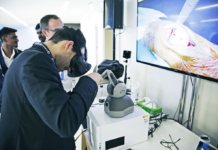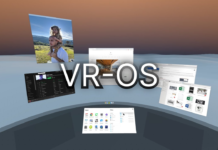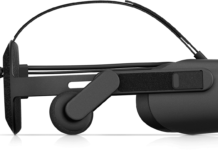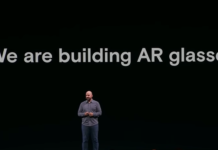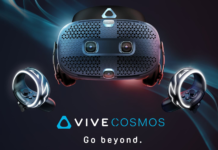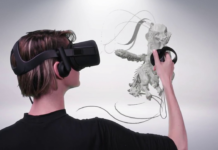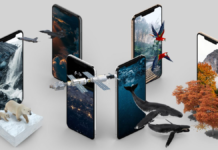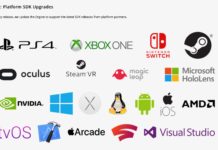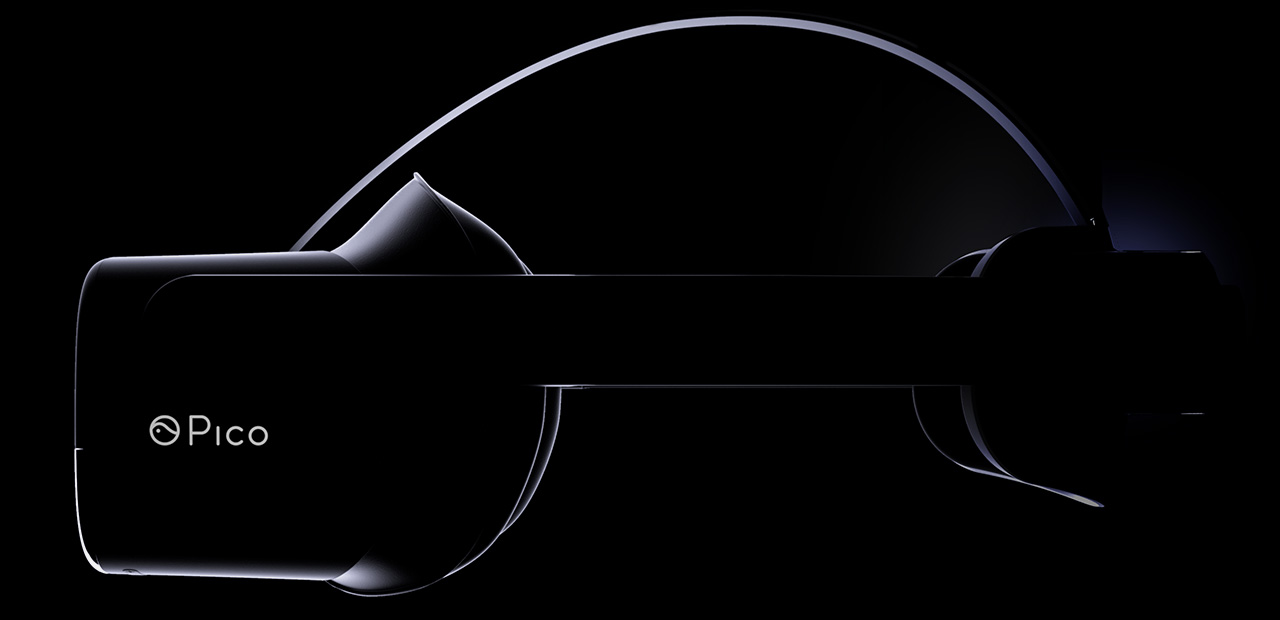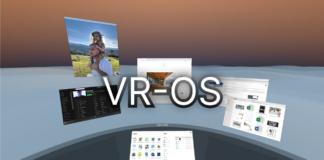The Pico Neo 2 specs are now being released, nearly a year after the initial news of the headset was released. Although the specs are impressive for the companies first standalone VR headset, the capabilities and the impressive hardware is what the industry is gravitated towards. This is an advancement that many saw coming, but not many people thought that Pico and Tobii would be the first to capitalize on standalone VR eye-tracking.
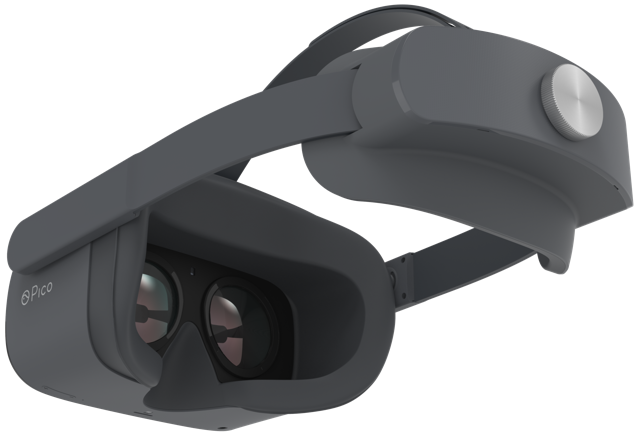
Tobii is the company that also helped provide the Vive Pro Eye with eye-tracking, although they played more of a back sear role when that headset came out. This time, they are on the front lines and are happy to show off their newest findings.
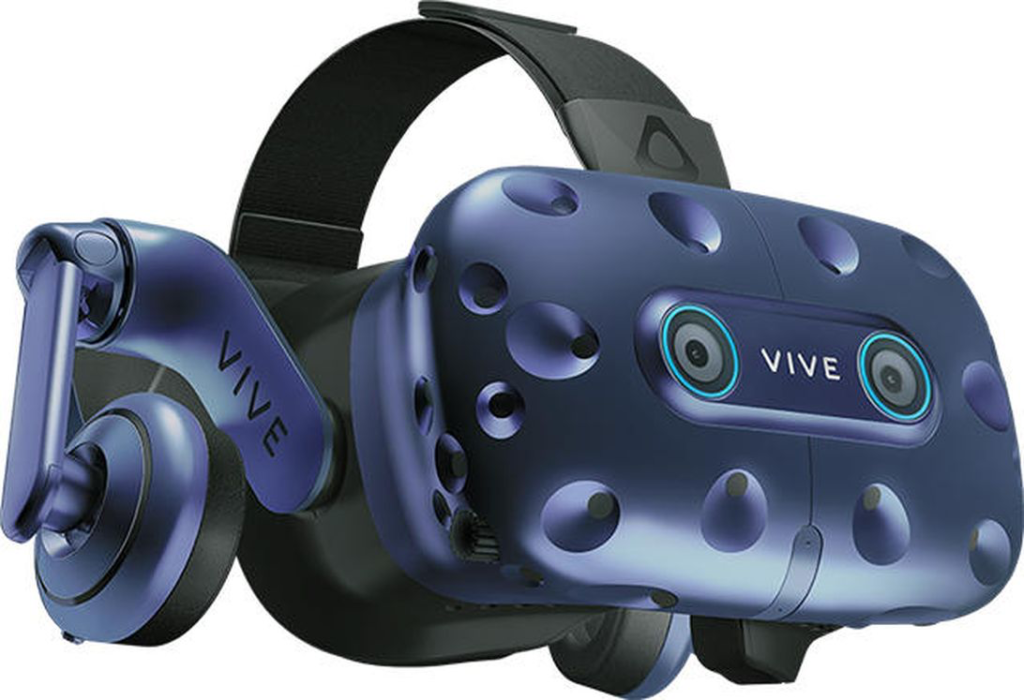
The Pico Neo 2 Eye is an enterprise-focused headset. This means that not only are the prices going to be geared towards high-end users, but also the specs of the headset aren’t meant for Beat Saber and Pistol Whip. They are rather built to complete multiple computing tasks while being used for work. This eye tracking inside of the headset helps business understand customer behavior, enhance training efficiency, improve productivity and safety at work, and many more important tasks that a VR headset can help with.
Tobii Spotlight
This headset is powered by the new Tobii Spotlight Technology. This is the foveated rendering we have been waiting for in a standalone VR headset. This allows the frame rate to increase y 66% and reduces the shading loads buy nearly 72%. This leads to longer battery life, higher quality visuals, and a more efficient headset.
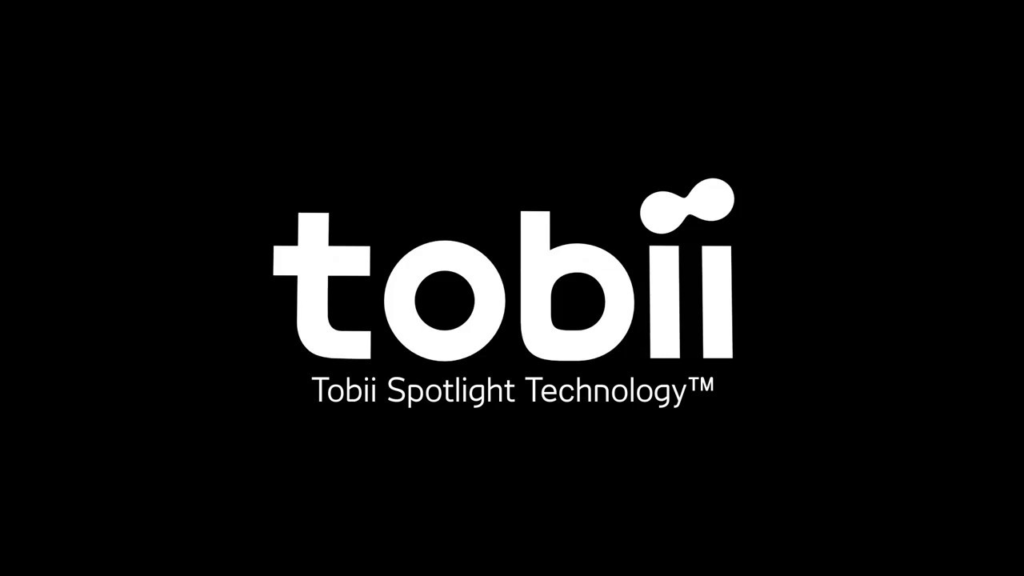
Another feature that business are going to find appealing is the instant feedback the eye-tracking can provide. It can recognize which user has the headset on, and help them make decisions on what they are seeing and what they are focusing on. This information ultimately helps businesses make data-driven decisions with real data to support them.
Eye-tracking also now becomes a form of input on the headset, giving users just one more way to interact with a virtual environment. Even though the two controllers that the headset come with are nearly perfect for work inside of VR, using your eyes is easy and often times faster when selecting simple choices.
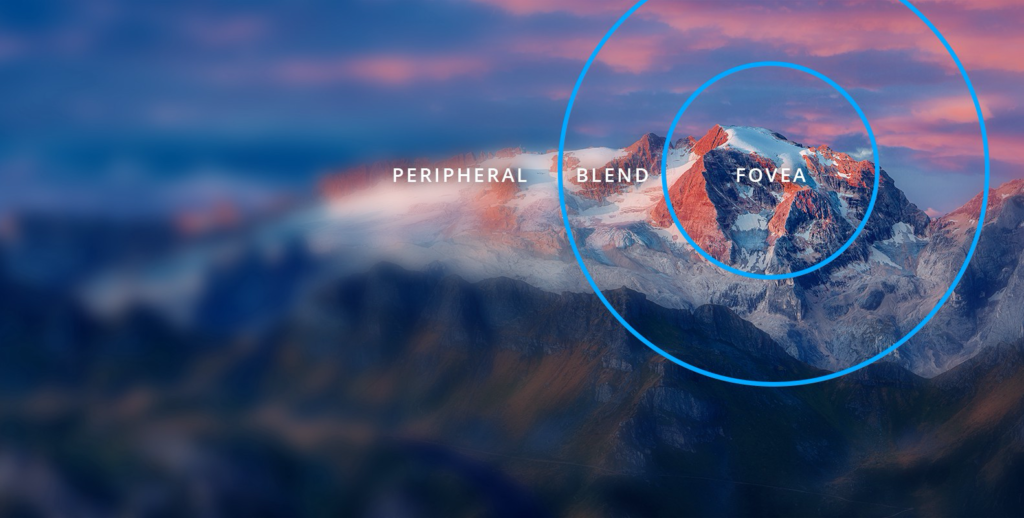
Lastly, the headset works with most prescription glasses and all contact lenses. This is going to give Pico Neo 2 Eye an advantage that many won’t be able to compete with. This is a feature that was hard to drill down, but Tobii is proving the worth of their help every step of the way.
Specs
Resolution
4K 3840*2160@75Hz PPI: 818
5.5 inch x 1 VR TFT
FOV
101°,Fresnel
IPD
Adaptive, 55mm~71mm
Ergonomics
- Front HMD and rear battery form a reasonable face pressure from wearing.
- Rotatable headband to facilitate eye glasses user wearing.
- Adjustable and adaptive top band for different head size .
- The removable and washable microfiber cloth foam.
Interactive
- 3rd gen Inside-out 6DOF Head and Guardian System
- Dual 360° 6DOF haptic Controllers
- Eye Tracking
- Voice command
- Buttons(Confirm/Back/Home/Volume up&down/Power)+ 3 color Led
Sensors
- IMU 9 axis
- Proximity sensor
Audio
- Integrated Spatial stereo speaker
- Dual Mic EC/NR, 3.5mm Jack
Connections
USB-C 3.0 Extendable 3.5mm Power DC Jack
Eye Tracking Specs
Gaze data output frequency (binocular)
90Hz
Calibration
5-point calibration
Eye Tracking Interface
Pico SDK
Data output (eye tracking data) *
- Gaze direction (combined)
- Gaze origin (combined)
- Position guide
Ideal accuracy for eye rotation
0.5 degrees
Gaze angles
25° left/right/down and 20° up
SDK engine compatibility
- Unity – Via Pico SDK
- Unreal – Via Pico SDK
- Tobii XR SDK


